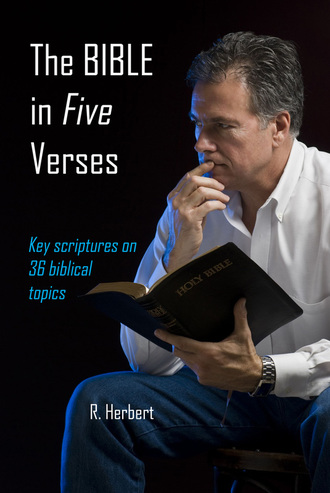
This list of "Twelve Favorites" gives you the posts that were most popular on this site, so check out the list to see how it compares with your own favorites and to see if you missed any...
Love and Bliss
The Way It Should Be
Why Faith Needs Patience
Global Cooling
Three Crowns
When Encouragement Works Best
Walking in Truth and Love
Making Ripples
Safeguarding the Spirit
What Church Is Not
Parable of the Two Sons
Keeping the Door Open
If you would like to check the favorites on our sister site, TacticalChristianity.org, you can see them here.




 RSS Feed
RSS Feed
